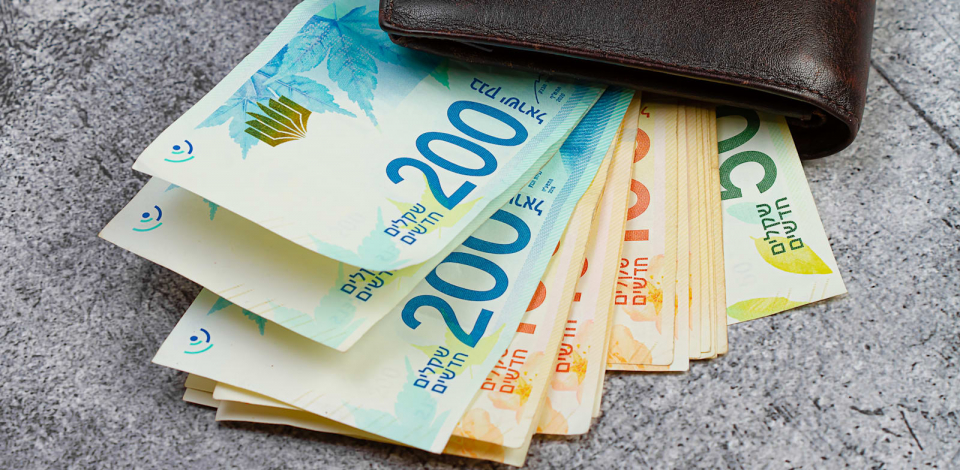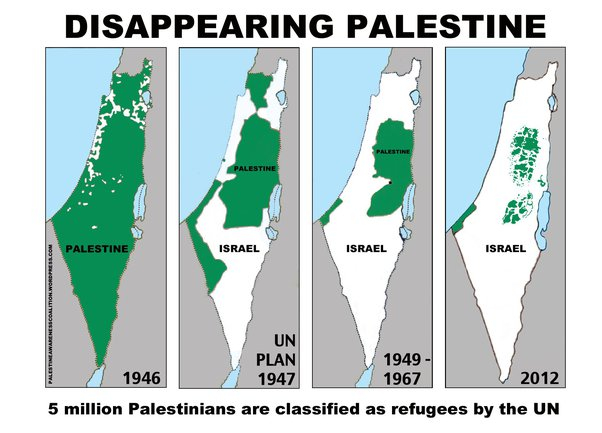Amid escalating tensions and fears of a full-scale conflict with Hezbollah, the Israeli Shekel has hit new lows, compounded by market jitters following an Israeli attack on an Iranian consulate in Syria. The ongoing cross-border confrontation in occupied Palestine's north has fueled concerns about the region's stability, leading to a significant devaluation of the Shekel against the euro and other currencies.
Reports from Al Ahed news website highlight the Shekel's decline, attributing it to the heightened tensions between Israel and Hezbollah, which have intensified since October's initiation of hostilities against Gaza.
Hezbollah's recent escalation in attacks on Israeli military installations, coupled with leader Seyyed Hassan Nasrallah's warning of decisive retaliation for the airstrike in Damascus that killed Iranian military advisors, has further fueled market uncertainty.
Financial analysts cited waning interest from foreign investors in the Shekel due to successive security and political crises in Israel. The recent US endorsement of a UN Security Council resolution demanding a Gaza ceasefire has also impacted market sentiment negatively.
The Gaza conflict has exacerbated Israel's economic challenges, leading to budget deficits, inflation spikes, and decreased investment levels. Additionally, disruptions in foreign trade, attributed to resistance movements like Yemen's Ansarullah targeting Israeli-linked ships and port facilities, have further strained Israel's economy.
The evolving geopolitical landscape underscores the delicate balance between security concerns and economic stability in the region.

















